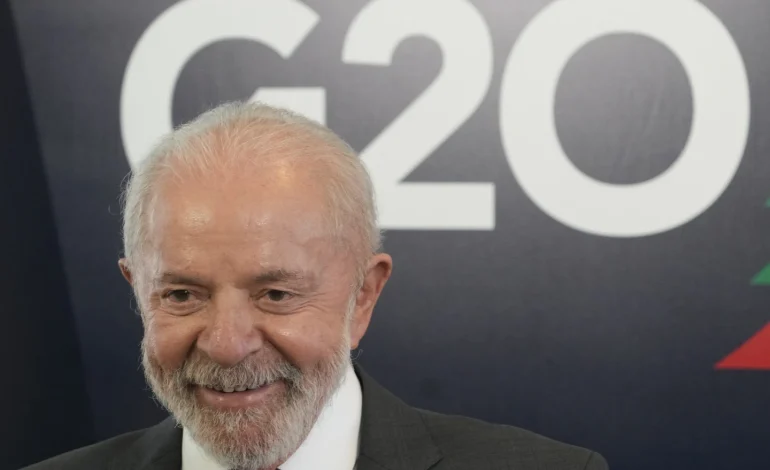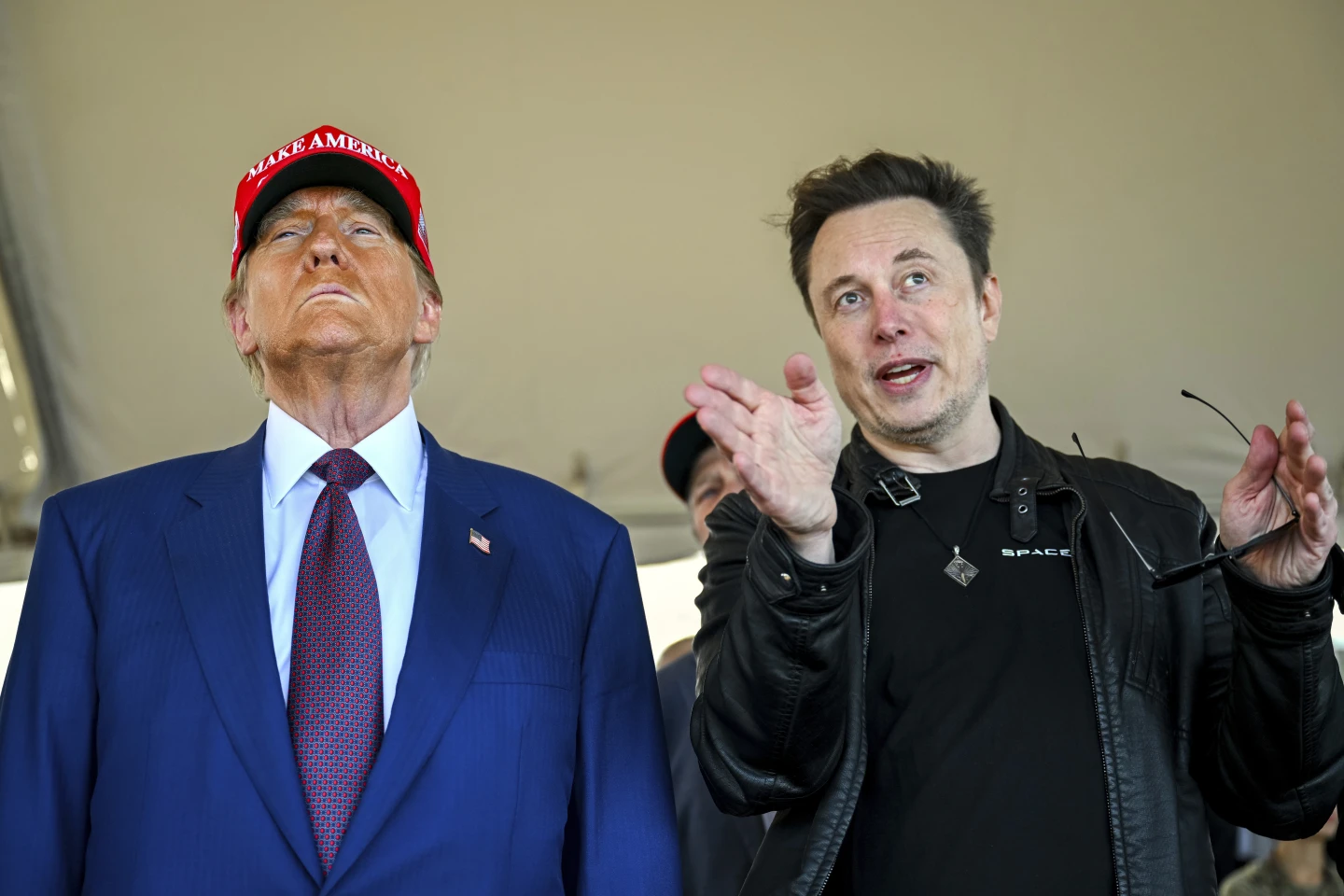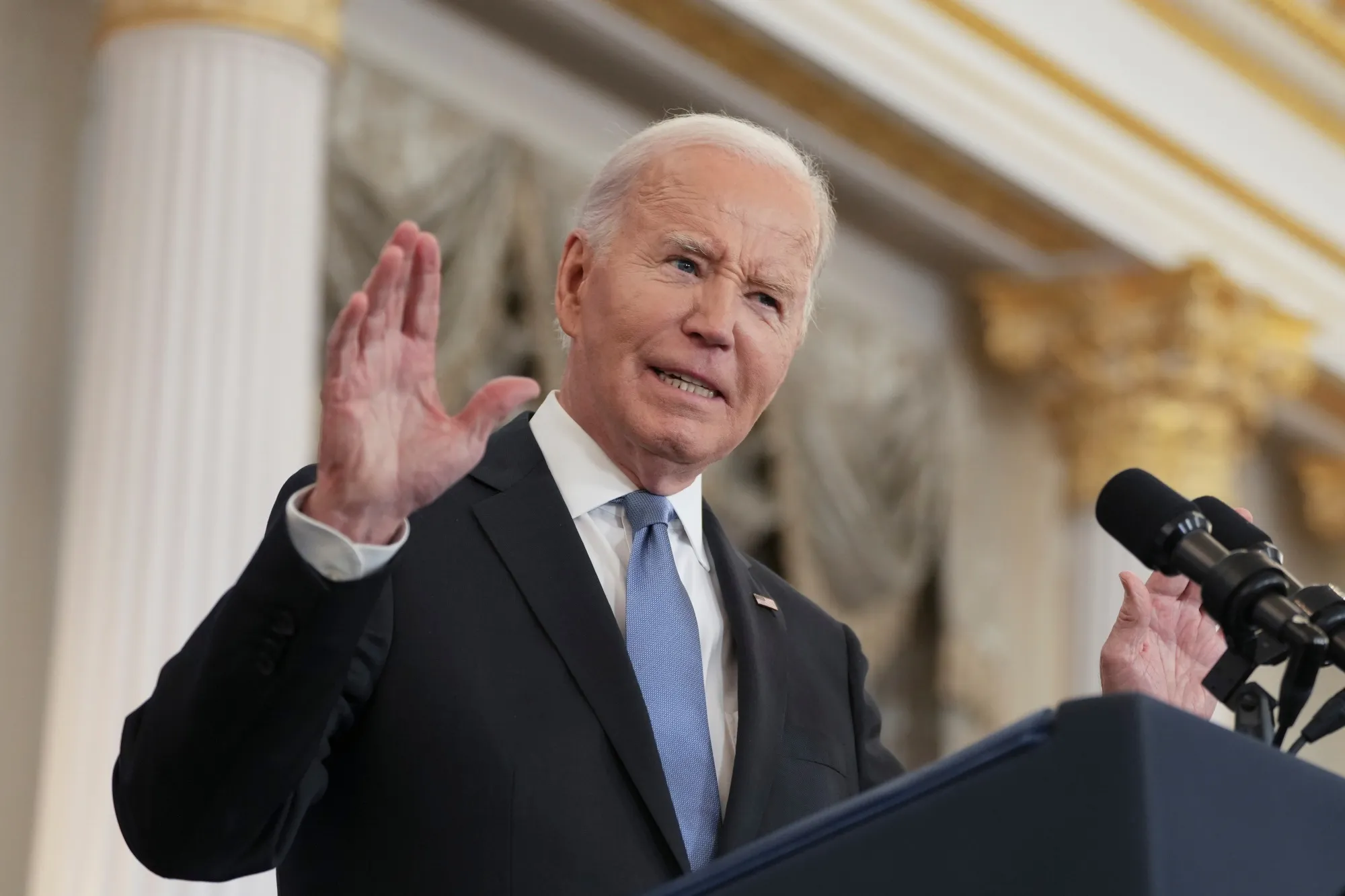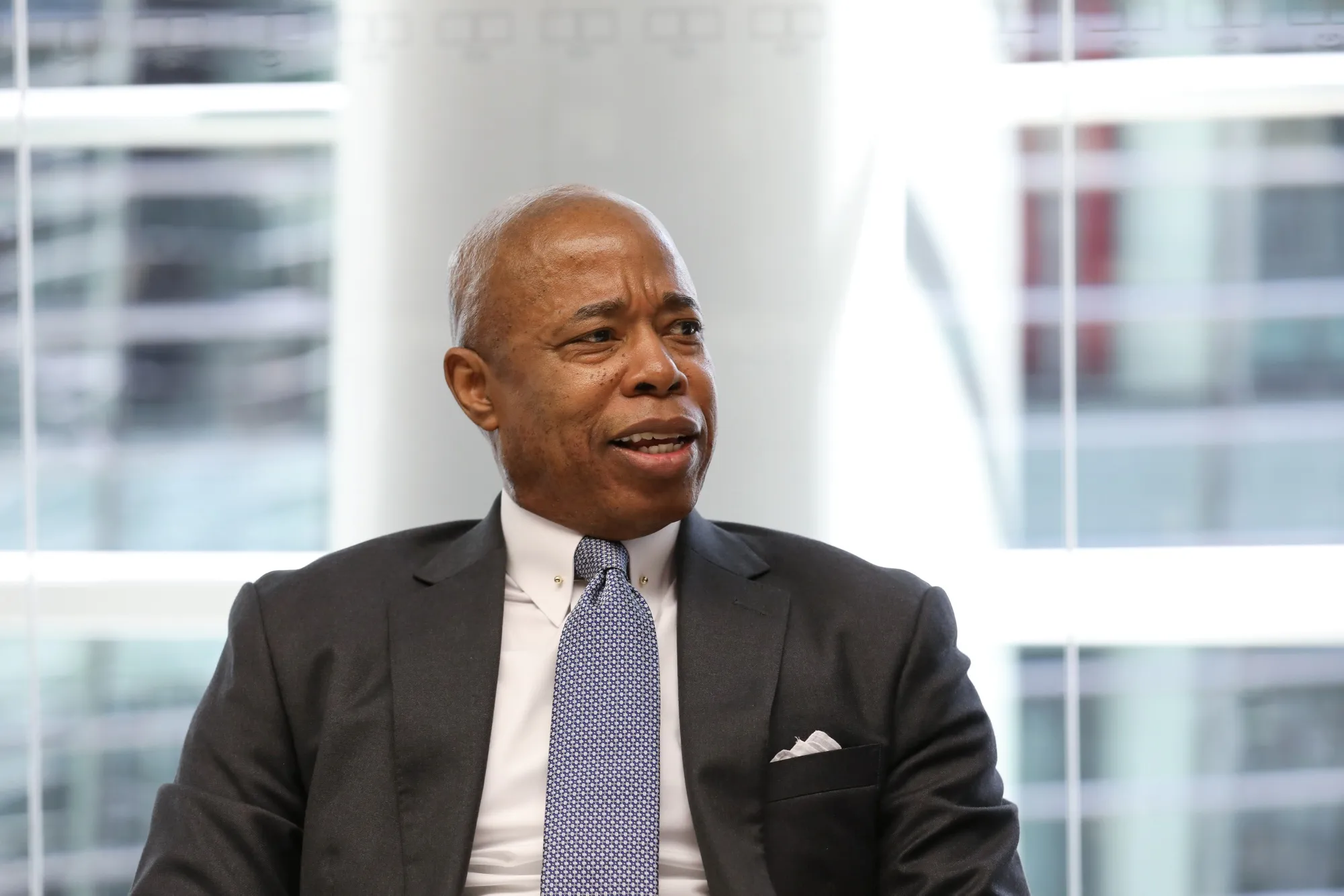G20 Summit in Rio De Janeiro Likely to Yield Weak Geopolitical Declaration Amidst Global Tensions

The upcoming G20 summit in Rio de Janeiro is expected to produce a muted geopolitical statement, overshadowed by ongoing conflicts in Ukraine and the Middle East, and the recent election victory of Donald Trump in the United States, The Associated Press reports.
Experts predict the final declaration will prioritize social issues, particularly hunger eradication – a key focus for host nation Brazil – rather than strongly condemning the international conflicts.
Brazilian President Luiz Inácio Lula da Silva’s administration, which had hoped to leverage its diplomatic prowess to shape the summit’s agenda, faces several headwinds. A Brazil-China peace plan for Ukraine, which does not call for a Russian withdrawal, has drawn criticism from Ukrainian leader Volodymyr Zelensky. Furthermore, Lula’s recent comparison of Israeli actions in Gaza to the Holocaust sparked a diplomatic incident.
The election of Donald Trump, and the anticipated return of an “America First” foreign policy, further complicates the pursuit of a strong joint declaration.
Internal disagreements also threaten the summit’s outcome. Unnamed officials from Brazil and another G20 nation revealed that Argentine negotiators are obstructing the final declaration, objecting to clauses promoting a global tax on the super-rich and gender equality, despite previously agreeing to them.
While Brazilian negotiator Ambassador Mauricio Lyrio affirmed the need to address the wars in Ukraine and the Middle East, he acknowledged the challenges in finding universally acceptable language. He highlighted President Lula’s launch of a Global Alliance Against Hunger as a significant achievement alongside the final declaration.
President Joe Biden’s attendance at the summit, following stops at the APEC forum in Lima and a visit to the Amazon rainforest, is expected to include discussions on climate, global infrastructure, and counter-narcotics efforts. However, any commitments made by the Biden administration could be reversed by a future Trump administration, potentially creating international uncertainty.
The absence of Russian President Vladimir Putin and the potential shift in Latin American alliances towards China, further underscore the complexities facing the G20 summit.








